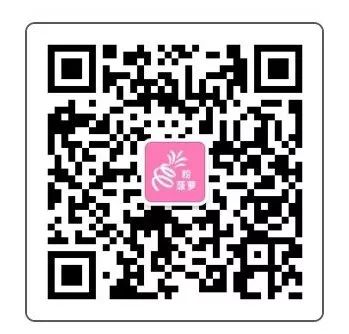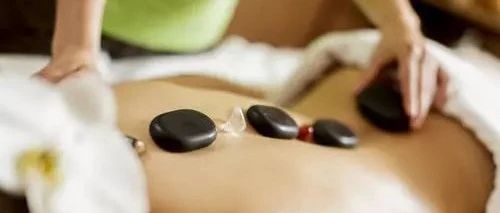Pineapple Says
At the end of last year, Pineapple collaborated with Cancer Knowledge to create a new popular science article: “She Said (HER): Pineapple Decodes Breast Cancer”. We welcome everyone to actively participate in the small test at the end of the article. The winners from the last issue are Yoyo Yan and Lily Zhou, congratulations to both!.
In this eighteenth issue, we will discuss alternative therapies.

Text| Pineapple
So far, in this book, we have discussed all mainstream therapies for combating breast cancer, including surgery, chemotherapy, radiotherapy, targeted therapy, and immunotherapy.
However, when facing cancer treatment, everyone inevitably asks a question at some point: Is it worth trying other therapies besides these modern medical methods?
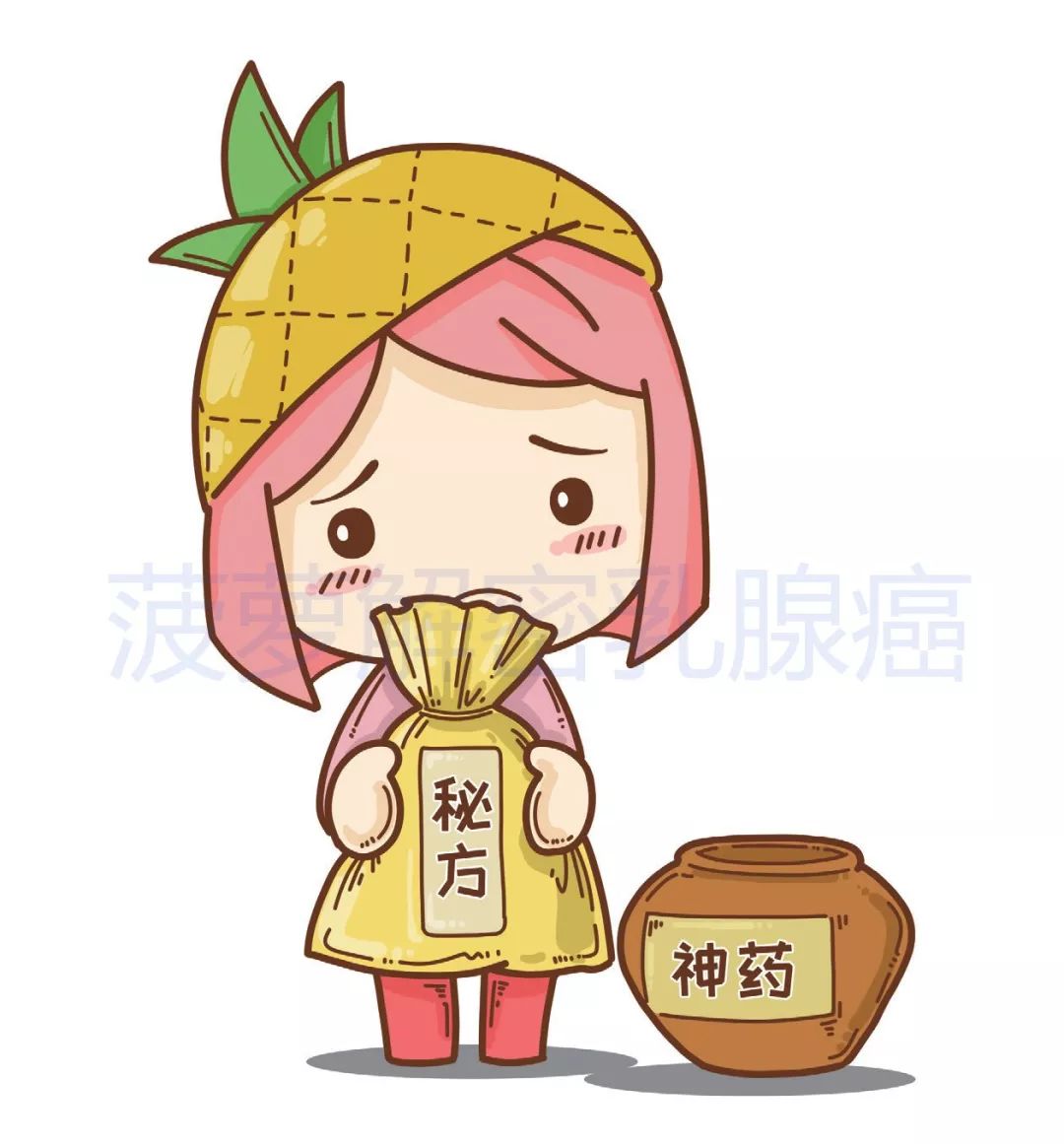
Even if patients initially firmly choose mainstream treatments, 99% of patients will inevitably encounter various relatives, friends, colleagues, and online acquaintances who introduce various non-mainstream methods.
Compared to Western countries, the proportion of patients in China trying folk remedies is very high; the vast majority will try some folk remedies at some stage of treatment.
Some methods look absurd and are easy to identify, such as strange folk remedies: eating raw toads to treat stomach cancer, eating mung beans to treat leukemia, or inviting a Taoist priest to perform rituals to drive away evil spirits.
However, there are many methods that sound somewhat reasonable and are not so easy to judge, such as various health products and various so-called “alternative therapies,” including acupuncture, massage, yoga, and meditation.

So, how should we view these non-mainstream methods? If we want to try them, what precautions should we take? How can we ensure the best treatment effect? Here are some suggestions from a scientific perspective for everyone to consider.
First, it is important to clarify that mainstream therapies should not be abandoned. Relying solely on other folk remedies to cure cancer has a very low success rate, especially for early-stage cancers where mainstream therapies are effective.
A recent paper published in the Journal of the National Cancer Institute shows that for patients with early-stage breast cancer and colorectal cancer, if they abandon proven effective methods like surgery and chemotherapy in favor of other alternative therapies, the probability of death increases by more than five times after five years!
Of course, I can only present the facts and reasoning; the final decision is still up to the patients and their families, after all, it is their own lives.

Be particularly cautious with non-mainstream therapies,because all non-mainstream therapies have not been proven effective through rigorous scientific clinical trials.
This is a fact.
No matter how much others hype them up or present vivid examples, this fact cannot be changed. Non-mainstream methods are non-mainstream precisely because they have not undergone rigorous large-scale scientific testing and have not been approved for market.
Why haven’t they been tested?
There are only two possible reasons:① They are ineffective and cannot withstand scrutiny; ② Their proponents do not understand science and do not know how to test them.
From my experience, in 99% of cases, it is the former: some things seem effective, but once objectively subjected to large-scale clinical trials, they immediately fall apart. Not just in China, but in every corner of the world, various so-called effective cancer therapies emerge every day, but very few can become mainstream.
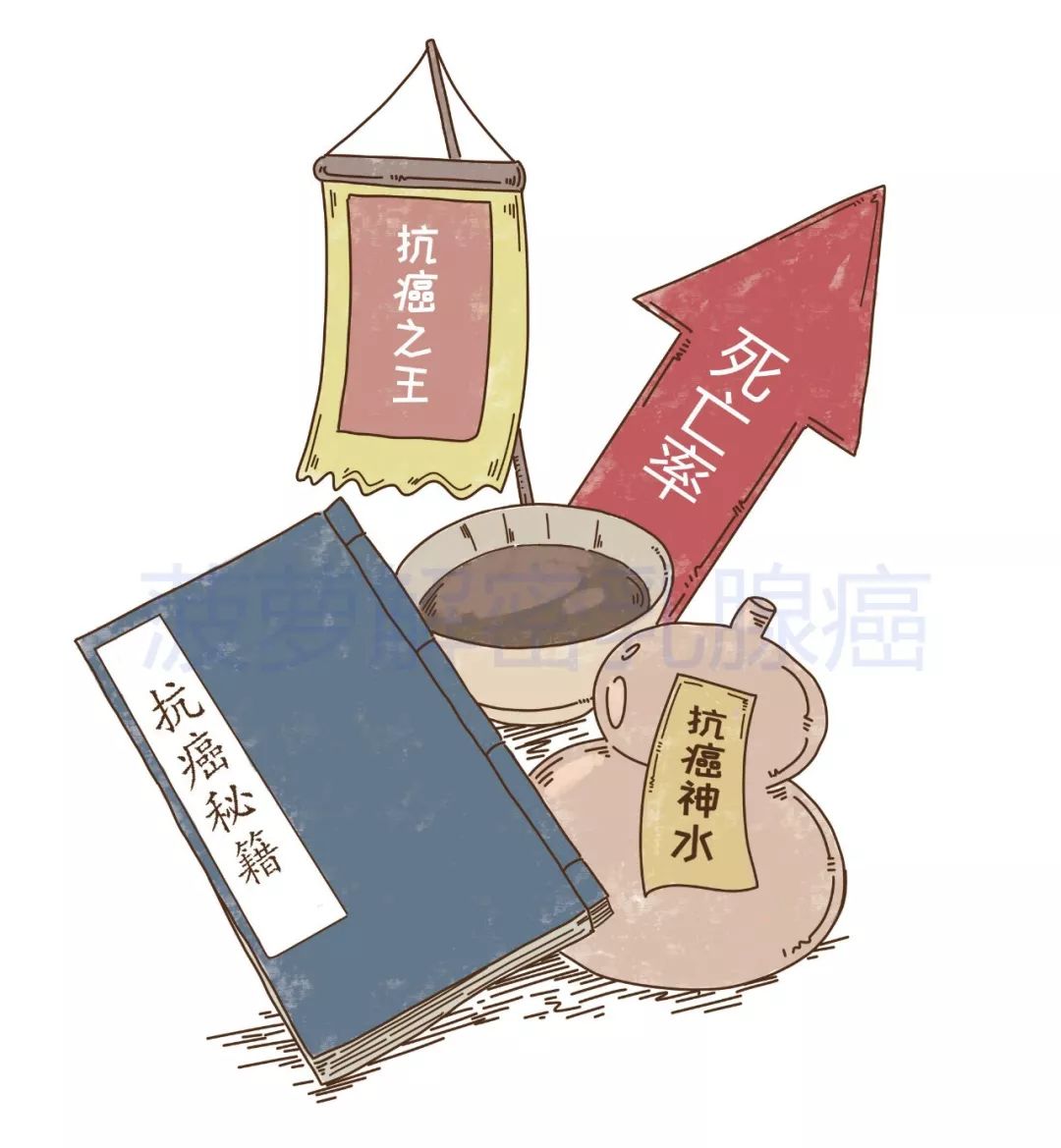
A truly effective cancer treatment cannot remain non-mainstream for long!
Why?
The reason is simple: the profits from bringing cancer drugs to market are enormous!
Everyone knows how expensive mainstream cancer drugs are now. A drug that has been proven effective through clinical trials can easily earn hundreds of millions in profit in a year. For example, some of the best-selling cancer drugs in the world, such as Herceptin and Avastin for breast cancer, have global sales exceeding 40 billion RMB!
In contrast, a non-mainstream drug promoted through WeChat groups or forums might only make a few million in a year.
There is a world of difference.
Here’s a multiple-choice question: if you really had a great cancer drug, would you promote it in a WeChat group and sell a few million, or would you work hard to conduct clinical trials and sell billions?
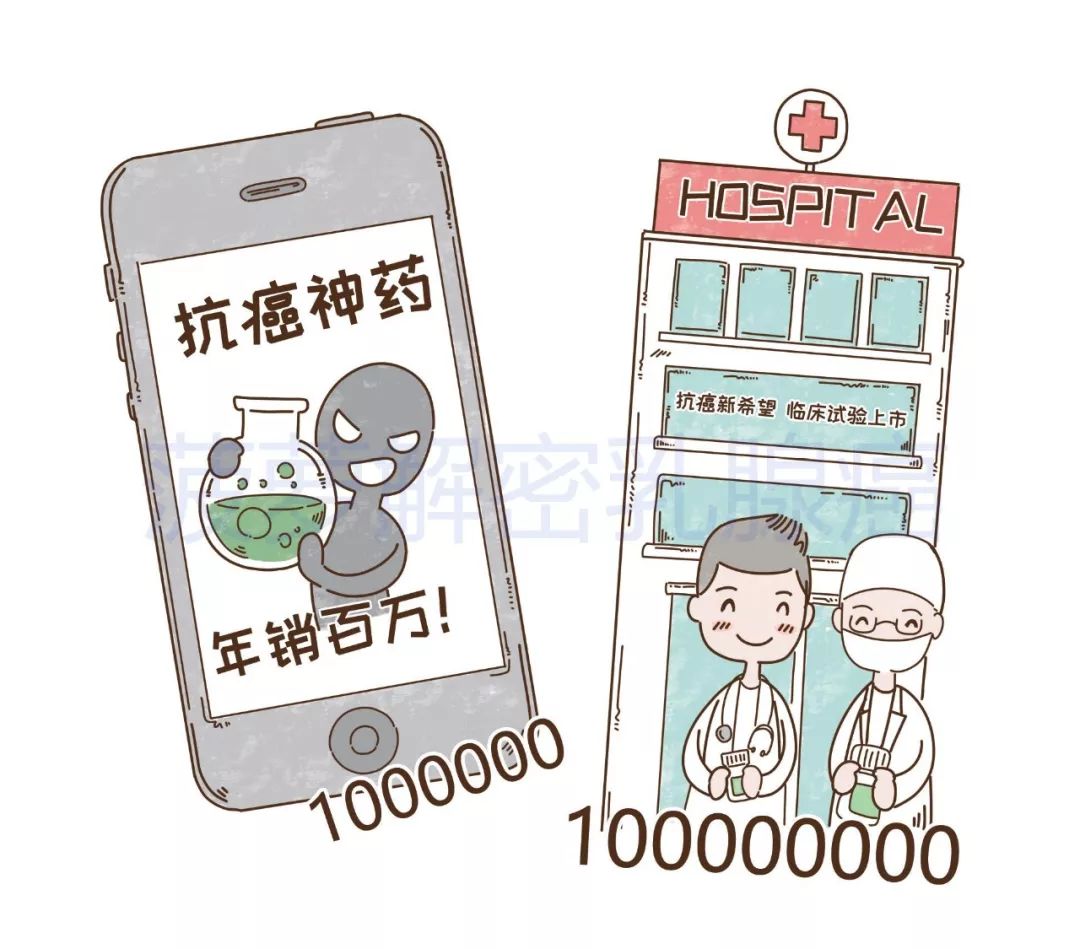
This is a no-brainer.
If a so-called miracle doctor insists that their method is absolutely effective but has long been reclusive and does not want to come forward, or only wants to save people and does not want to waste time on clinical trials, is that possible?
Of course not. These are all poor excuses that do not hold up logically.
It’s simple: there are thousands of investors in China, as well as various professional venture capital institutions, whose daily task is to dig deep to find any promising drugs for further development and market entry.
As long as a therapy is truly effective, even if the person who holds the technique is not interested in promoting it, there will definitely be someone eager to invest money to help conduct clinical trials and turn it into a mainstream drug.
It is impossible for something that is profitable to be ignored, personally or socially.
In summary,folk remedies = unverified..
Note, I am not saying that folk remedies are necessarily ineffective, but rather that they have not been proven effective. Because once proven, they are no longer folk remedies but become valuable mainstream drugs. Anyone claiming that a “non-mainstream therapy” is definitely effective is simply talking nonsense.

Many folk remedies are popular primarily because their effects are easily exaggerated, mainly for two reasons.
1. Usually, only successful cases are spread, while ineffective situations are drowned out.
A cancer treatment method with a 1% success rate is often only heard of through 100% success stories, because the 99% who found it ineffective have no chance to speak. A few years ago, after actress Xu Ting, born in the 90s, was diagnosed with lymphoma, she was afraid of chemotherapy and abandoned standard treatment, turning to a so-called miracle doctor in a small place, who was said to have very good results in treating cancer. In the end, the doctor actually treated her with cupping and other methods, resulting in severe skin ulceration. The girl did not die from cancer but from infection. If it weren’t for her being a celebrity and her relatives publicly revealing this situation, no one would know that the “miracle doctor” caused the death of a young girl.
2. Most people who spread folk remedies do not understand the truth.
99% of those recommending folk remedies have not tried them themselves but have heard stories from others, like neighbor Wang or colleague Li. And Wang and Li also haven’t tried them personally but heard them from Old Deng and Sister Zhang…
It’s like a game of telephone; the more folk remedies are passed around, the more miraculous they become, drifting further from the truth.
Let me give you another example.
I have a friend with early-stage breast cancer who had good results with surgery, radiotherapy, and endocrine therapy, basically recovering. However, she was recommended to buy a large number of “anti-cancer and anti-recurrence” Chinese herbal medicines from a clinic in another city. Whether she took them or not was irrelevant, but unexpectedly, a year later, her photo looking radiant after recovery appeared in that clinic’s promotional materials, becoming a “patient who decisively rejected harmful Western medicine and was cured using natural therapies”.
This is clearly a distortion of the facts, but how would others know the truth?
I believe many people seeing my relative’s radiant promotional photo would immediately promote this harmless “anti-cancer herb”.
In the internet age, there is a flood of chaotic information online, making it increasingly difficult to obtain real and reliable information.

Another thing that people often confuse is that “trustworthy people” and “reliable therapies” are two independent matters.
Just because a trustworthy person recommends a therapy does not mean it is reliable!
Many people believe in folk remedies because the person recommending them is very trustworthy, “absolutely cannot be lying”.
These two aspects are actually unrelated. A kind-hearted person, if lacking scientific thinking, can easily be misled and then recommend ineffective therapies to those around them. There are many cases of well-meaning people causing harm.
For example, I recently heard a story shared by a reader. An early-stage lung cancer patient’s aunt strongly opposed him undergoing surgery and instead recommended eating sweet potato leaves, claiming it could clear the lungs, saying someone insisted on using this method and their lung cancer disappeared after a year.
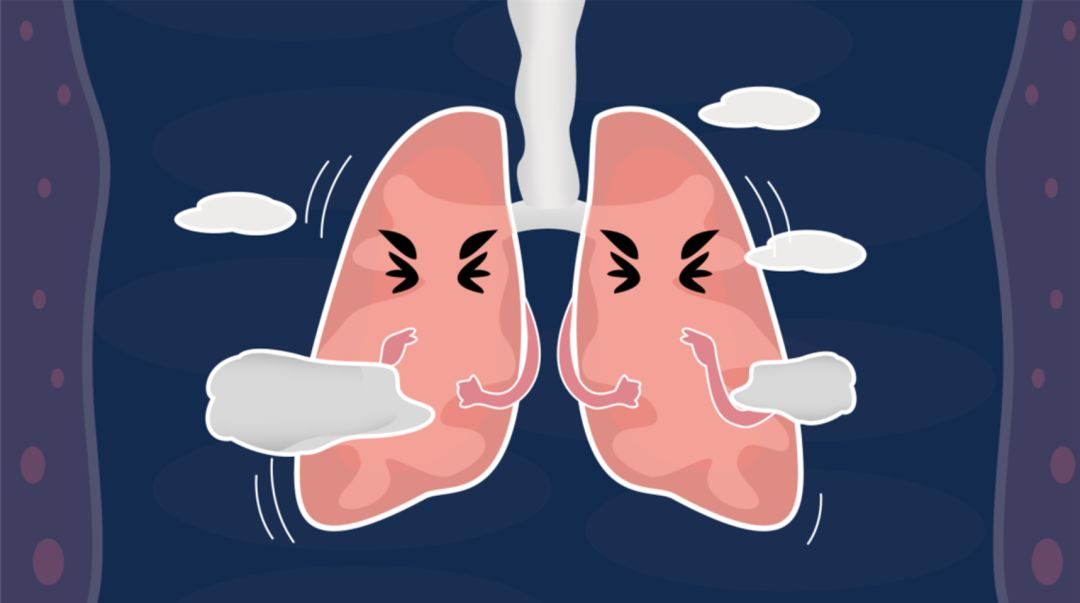
His aunt is definitely a good person, simply hoping her nephew suffers less from illness, which is understandable, but she lacks scientific thinking and almost caused harm. What is the truth? When this reader went to find the patient who was “cured by eating sweet potato leaves,” he discovered that the patient had never been diagnosed, had neither surgery nor biopsy, and the initial CT scan only showed a shadow. This shadow was likely just inflammation, and whether or not he ate sweet potato leaves, the inflammation would have resolved.
A true early-stage lung cancer patient could have been cured with surgery or radiotherapy. But if one believes in these folk remedies and misses the opportunity for early intervention, allowing cancer cells to worsen for another year, wouldn’t that be too regrettable?

Does this mean that besides surgery, chemotherapy, and targeted drugs, nothing else can be tried?
Of course not.
I oppose everyone abandoning standard treatment in favor of folk remedies. However, many methods can be used to assist standard treatment.
For example,improving diet and increasing exercise.
To overcome cancer, a healthy diet is essential. Everyone can consult their doctor for any recommended foods or dietary approaches. Some foods may help enhance the effectiveness of medications, while others may help reduce the side effects of chemotherapy or radiotherapy. Of course, we also recommend avoiding certain foods, such as those high in oil and fat or hard to digest.
Regular exercise is also important; evidence shows that regular physical activity can improve patients’ quality of life, including enhancing the immune system and reducing pain perception. However, please exercise within your limits to avoid injury.
So how should we view widely used “alternative therapies” like acupuncture, massage, yoga, and meditation?
Like other folk remedies, these methods have not been proven effective in large-scale clinical trials, so we cannot expect them to cure cancer on their own. However, I personally do not oppose trying them under expert guidance for two main reasons:
1. They are usually inexpensive, even free, and do not harm existing treatment plans.
2. Although not proven, they often provide benefits to patients, such as reducing pain, alleviating anxiety, and improving mood. We cannot rule out the possibility of a “placebo effect,” but since the effects are objectively present,
they should be considered as modern medicine’s adjuncts to improve quality of life.
Healthcare is a holistic endeavor; besides science, there is also much art involved.

Finally, let’s discuss a topic that cannot be avoided in China: Chinese medicine and supplements.
These two categories are particularly difficult to judge because they are diverse, with each place and person recommending different ones, all believing theirs is the most effective.
My consistent attitude is that whether it is traditional Chinese medicine or modern Western supplements, if they are to be promoted, they need to be verified according to the same scientific standards. Unfortunately, to date, no Chinese medicine or supplement has undergone such rigorous testing. Therefore, no matter how much everyone believes or how strong their patriotic feelings are, in terms of cancer treatment, they can currently only be classified as “folk remedies”.
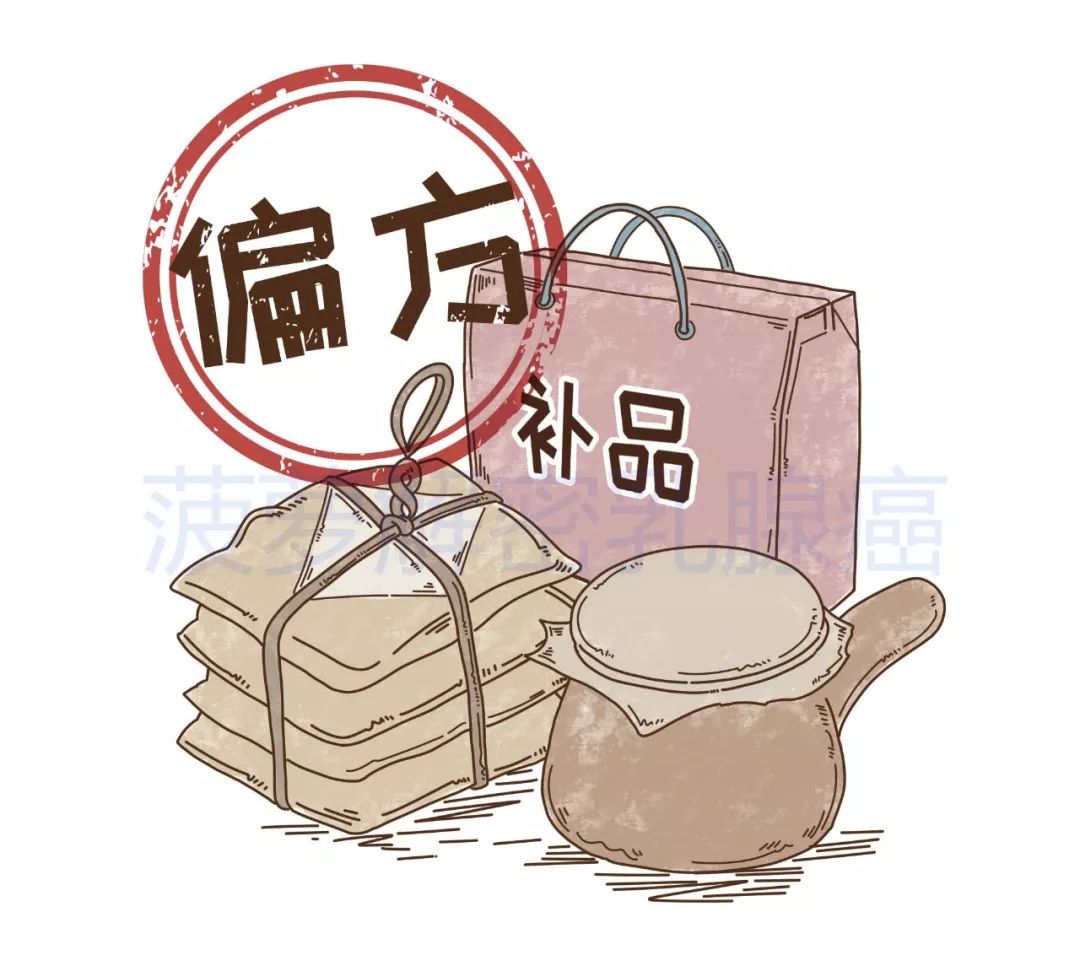
I personally understand the feelings and reasons of patients, especially late-stage patients with no available treatments, wanting to try these folk remedies. Therefore, I do not think it is correct to tell everyone not to take anything.
From a realistic perspective, I offer one suggestion: if you are willing, you can try, but you must inform your doctor and be cautious to avoid side effects.
For example, some supplements may reduce the effectiveness of other cancer drugs or even accelerate the growth of cancer cells, so they must be used cautiously. Recent studies have found that smokers who take large amounts of vitamin B actually increase the risk of lung cancer.
Some Chinese herbs are toxic and can cause harm with long-term use. For example, He Shou Wu (Polygonum multiflorum) has been shown to cause liver failure, and Guang Fang Ji (Stephania tetrandra) can lead to kidney failure.
Whenever I mention the toxicity of Chinese herbs, there are always dissenters: these herbs have been used for thousands of years by our ancestors, why are there no issues?
Because these toxicities are chronic.
Acute toxins, like arsenic, were certainly discovered and avoided by our ancestors. However, chronic toxicity of drugs is extremely difficult to detect. Imagine if an ancestor took a medicine for several years and was fine, then suddenly developed kidney failure; they would not first suspect the medicine but would more likely wonder if they had eaten something contaminated recently.
Not only Chinese herbs but Western drugs are the same. As long as there is chronic toxicity, without systematic scientific research, it is almost impossible to discover.
In summary, I do not oppose the use of some supplements, whether Chinese herbs or health products, alongside standard treatments. But please remember that these substances contain complex chemical components that may interfere with standard treatments and may also bring new harm. Therefore, before using them, be sure to consult your attending physician, and remember!
Stay tuned for more updates
At the end of each article, Pineapple will present a question about breast cancer knowledge as a preview for the next issue, and the answer will be published in the next issue.We will randomly select two readers who answer correctly in the comments section to receive a popular science book from Pineapple.
Test Question #18:
Question: Which factor should not be considered in the specific treatment plan for breast cancer?
A: The knowledge and experience of the doctor
B: The willingness and condition of the patient
C: The family’s financial situation
D: The advice of well-meaning people
Last Issue Answer Announcement
(Click here to review the exciting content from the last issue)
Answer: D, a balanced diet can be used to assist standard treatment.
Explanation: To overcome cancer, a healthy diet is essential. Everyone can consult their doctor for any recommended foods or dietary approaches. Some foods may help enhance the effectiveness of medications, while others may help reduce the side effects of chemotherapy or radiotherapy. Of course, we also recommend avoiding certain foods, such as those high in oil and fat or hard to digest..
This article was first published on the public account “Pineapple”
Focusing on women’s health
▼ Long press the QR code below to follow ▼
